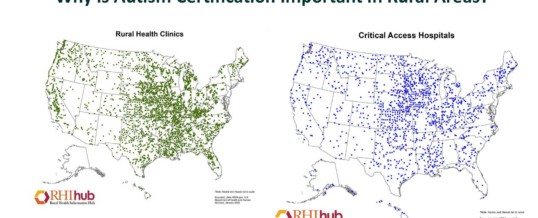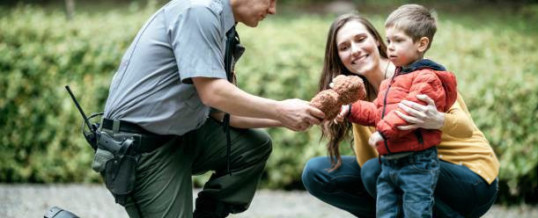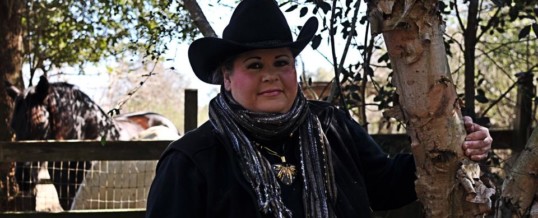By Anita Lesko, BSN, RN, MS, CRNA, CAS, (and on the autism spectrum)
For some teenagers, getting a driver’s license might symbolize their freedom and new life as an adult. But not every teenager counts the days until they get their driver’s license. I learned to drive in high school along with the rest of my classmates.
At that time in my life, I didn’t know I’m autistic. What I did know, however, was that I felt scared and instinctively knew I wasn’t ready to drive.
Understanding the Difference Between Written Traffic Rules and Applying them for Someone with Autism
I did great on the written exam. Being behind the wheel out on the road with the instructor was a different story.
JUL









